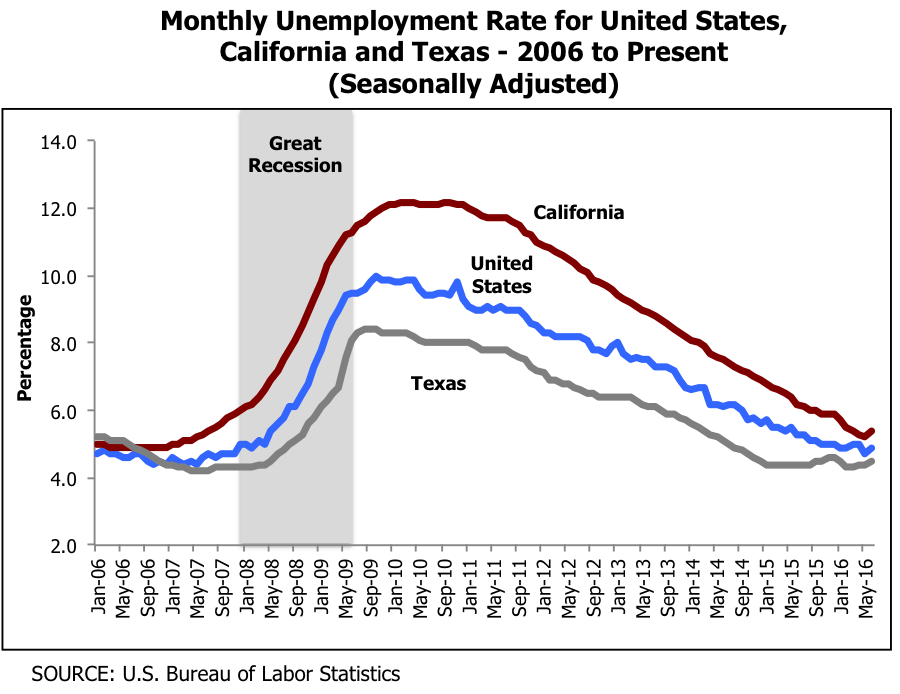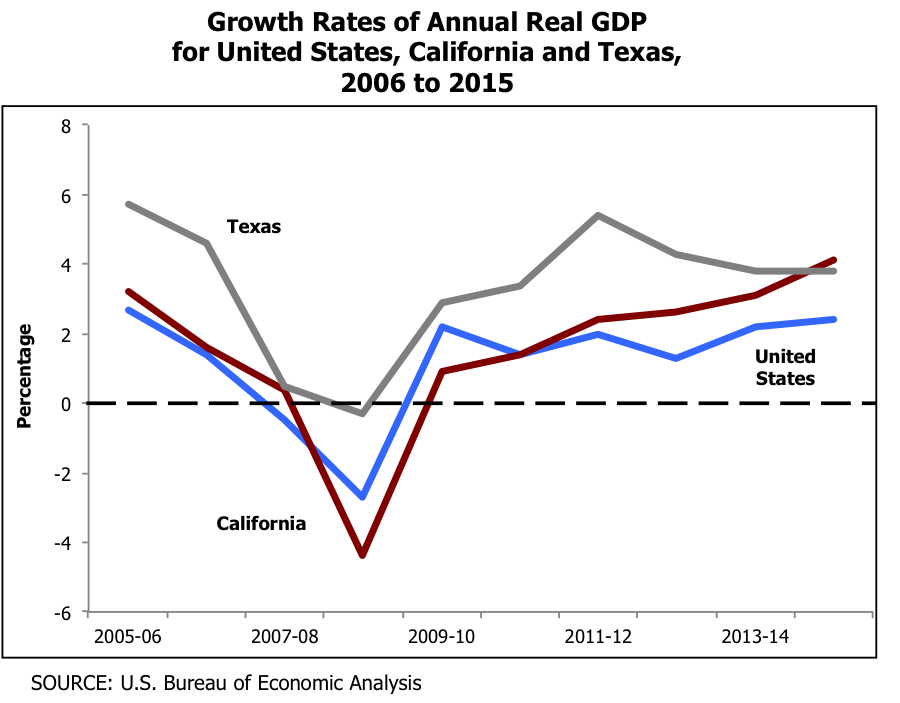“One swallow does not a summer make, nor one fine day; similarly one day or brief time of happiness does not make a person entirely happy.” – Aristotle
Consider the following scenario:
You’re having a discussion with an acquaintance on the quality of California’s roads and highways. You point out that California is below average compared to national standards, citing statistics showing for example that 68 percent of the state’s roads and highways are of poor or mediocre quality. But your friend dismisses these statistics out of hand, insisting instead that it must be the case that California has the best roads and highways in the country. Why? Because the data show that people drive more miles in California each year than in any other state.
Upon hearing this twisted logic, how would you react? Niceties aside, would you impulsively break out in laughter? Or would you shake your head in disbelief? Or would you simply stand there speechless?
This scenario came to mind while reading Michael Hiltzik’s recent Los Angeles Times column, “If California’s a ‘bad state for business,’ why is it leading the nation in job and GDP growth?” In it, Hiltzik dismisses as “baloney” rankings by the American Legislative Exchange Council, CNBC and other organizations that rate California poorly in terms of business-friendliness. He claims that these rankings ding California for no reason other than their slavish “adherence to right-wing economic orthodoxy.”
Really, CNBC is a right-wing organization? But I digress….
Hiltzik asserts that California’s recent economic accomplishments prove that California is not the “business unfriendly” state that many think it is. Specifically, he points to the fact that California nearly led the nation in job creation over the past year, gaining 461,000 jobs, and did lead the nation in economic growth in 2015, increasing its gross domestic product (GDP) by 4.2 percent.
These achievements are certainly welcome to those of us in the Golden State. And I would add that Hiltzik’s question is a fair one. I actually appreciate that he asks it because it invites discussion about California’s business environment, a topic that Sacramento doesn’t spend nearly enough time examining.
But I am disappointed that Hiltzik draws such sweeping conclusions from just one point in time. Even a cursory look at historical data shows that maybe the rankings might not be so farfetched.
Take unemployment as an example. The first chart compares the monthly unemployment rates in California, the United States as a whole, and Texas from the beginning of 2006 to the present. I include Texas because many consider it to be a business-friendly state.

Note that across the entire decade the unemployment rate in California was consistently greater than that in the United States, averaging 1.5 percentage points greater overall and maxing out at 2.9 percentage points in January and February of 2011. Except for the first six months of 2006, the same story holds true for California and Texas, although the differences here are more pronounced: an average of 2.5 percentage points greater and a maximum difference of 4.2 percentage points at various points in 2009 and 2010. Also note how long double-digit unemployment persisted in California (43 months) during this decade compared to the United States (1 month) and Texas (0 months).
Obviously this runs counter to the notion of California being business friendly, since the ratio of jobs to workers is lower here than in Texas and the rest of the United States, and sometimes a lot lower. If California’s economy really is so “smoking hot,” to use Hiltzik’s term, then shouldn’t we expect to see tighter labor markets in the state relative to these other geographies?
Take GDP growth as another example. The second chart compares the growth in annual real GDP across California, the United States and Texas from 2006 to 2015.

California does fare better in this instance when compared to the United States as a whole, since California outpaced the United States in GDP growth in 7 of the 10 years. Although California’s downturn during the Great Recession was more severe (a 4.4 percent contraction in 2008-09 compared to a 2.7 percent contraction), California experienced a compound annual growth rate (CAGR) across the decade of 1.3 percent relative to the United States’ 1.0 percent. But Texas outperformed California in 9 of the 10 years. And Texas had a CAGR of 3.1 percent, meaning its economy grew at more than twice the pace of California’s each year.
So the record on economic growth suggests that California is probably not the worst state when it comes to business friendliness. But it also suggests that it’s not the best state either.
In sum, this analysis is not intended to be the definitive word on the business climate in California. There are multiple factors in addition to business climate that influence the state’s unemployment and GDP growth. Instead, the purpose is to show that Hiltzik’s off-the-cuff claims on California being favorable to business are nothing more than wishful thinking.
In other words, a brief time of economic happiness does not make those who do business in California entirely happy.
Why does this matter? Policymakers in the state capitol have a habit of latching onto grandiose statements about the strength of the California economy – how many more times can we hear about California becoming the sixth largest economy in the world? – and then enacting legislation that in actuality the state cannot afford. The most recent example involves raising the minimum wage to $15 an hour. Next up could be more greenhouse gas legislation (Senate Bill 32) intended to reduce emissions reduction targets to 40 percent below 1990 levels by 2030.
The sooner we get past our denial on California’s business unfriendliness, the sooner we can work to improve the business climate. And in the process, benefit our businesses, residents and, yes, government as well.
Oh, and for the record, while I read Hiltzik’s piece I shook my head in disbelief.
Dr. Justin L. Adams is the President and Chief Economist of Encina Advisors, LLC, a Davis-based economics research and analysis firm.

